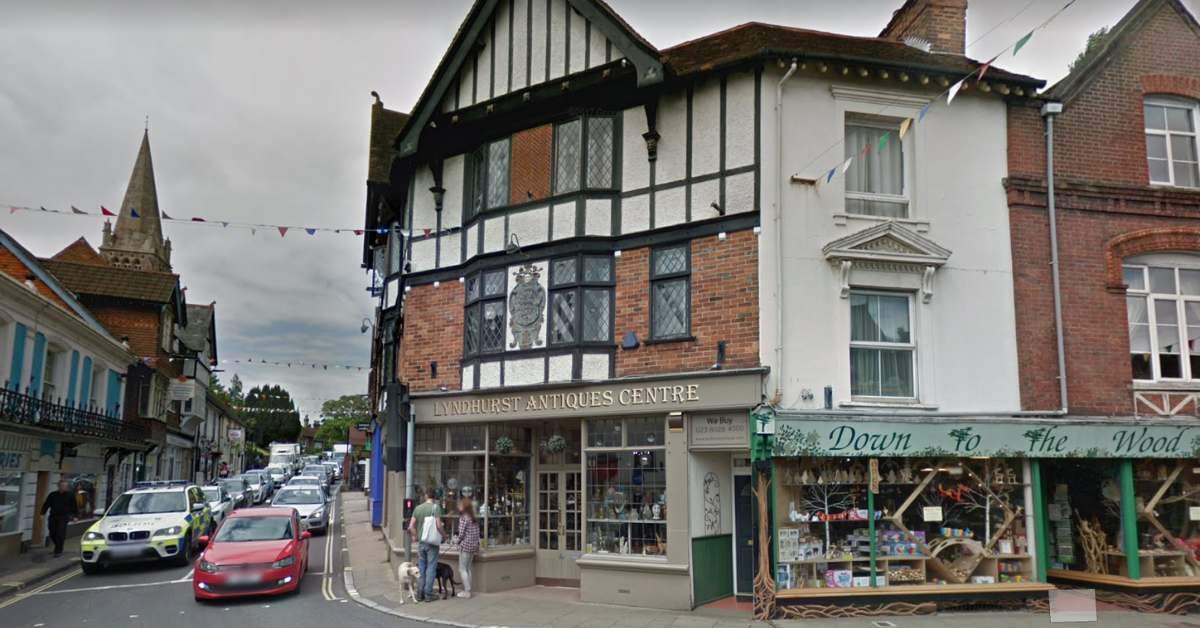Lyndhurst Antiques Centre, an antique shop in Hampshire, England, has issued an apology for the sale of Axis memorabilia, following complaints made by visitors.
Father and daughter Ron and Sophie Carmon entered the shop during a sightseeing trip, as Ms. Carmon had come to the U.K. from her home in Israel to visit her father, who lives in London.
The pair said they were left “speechless” after finding a selection of Nazi memorabilia for sale inside the shop. Some of the items included helmets, medals, photos of Hitler, swastikas, and plates.
Ms. Carmon said the display at the antique shop had “everything you can imagine a neo-Nazi would want in their home.”
After notifying the antique store of the offense the items can cause, the shop initially defended memorabilia, but later agreed it “cause offense and distress.”
After leaving the shop, the father and daughter, whose relatives were victims of the Holocaust during the Nazis’ time in power, were “fuming” and “on the verge of tears.” The shop argued they weren’t promoting Nazi ideology, but were passionate about showing “both sides” and “preserving history along with the right to free speech.”
Mr. Carmon has said he doesn’t want to “whitewash history,” but believes the sale of memorabilia was different than if a museum were displaying the items, as the shop didn’t provide adequate context for the items.
Eventually, the antique store released a statement that said, “We have considered and taken on board recent complaints and feedback regarding the sale of Nazi German items.
“We do agree that the sale of these items can cause offense and distress, and this is not acceptable.”
It added: “For this reason, all items connected with Nazi Germany will be removed from our premises by the end of business today and we will not be selling any items of this nature in the future.”
Other than the small amount of Nazi memorabilia, Lyndhurst Antiques Centre sells an array of antiques over two floors, including jewelry, glassware, ornaments, lighters, and many other interesting items. Like so many other establishments, the shop has only recently reopened with the easing of COVID-19 restrictions.
The situation naturally caused divisive reactions on social media, with some agreeing that the shop shouldn’t back down from selling the objects, while others said owning objects from the Nazis was not necessary to keep the memories of the atrocities committed by them during the 1930s and 1940s alive.
More from us: The Bomber Mafia: Success, But At What Cost?
Nazi memorabilia is not illegal to sell in the U.K., but in some places like Germany, presenting Nazi symbols in public can land you a jail sentence of up to three years. Despite being legal, many high-profile auction houses refuse to deal with items linked to the Nazis out of choice, including Sotheby’s, Christie’s, and Bonhams.
